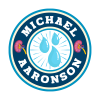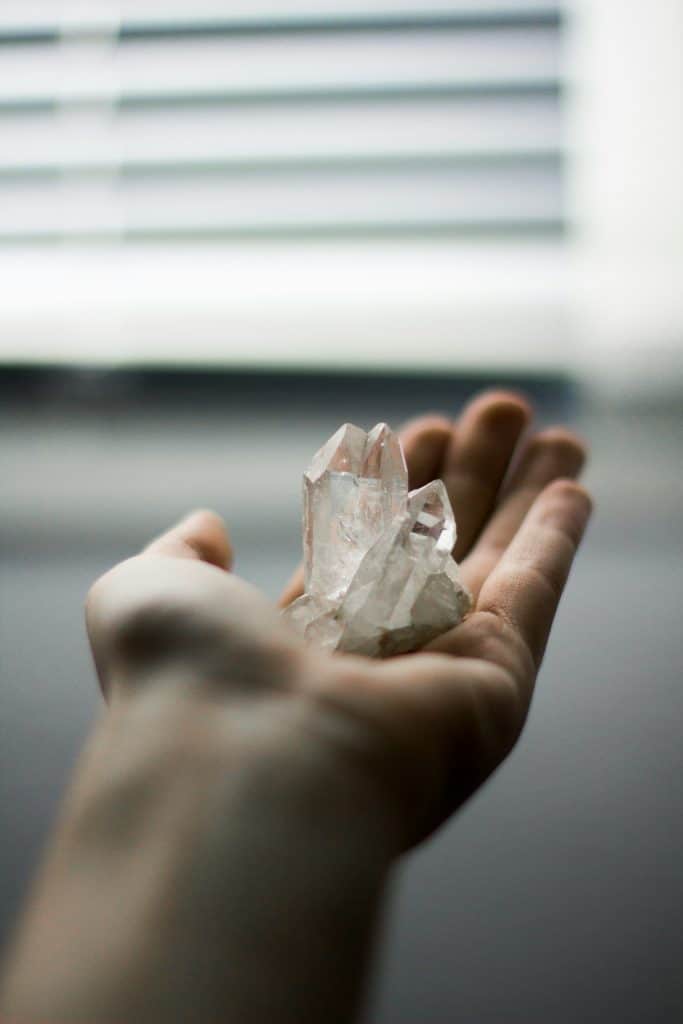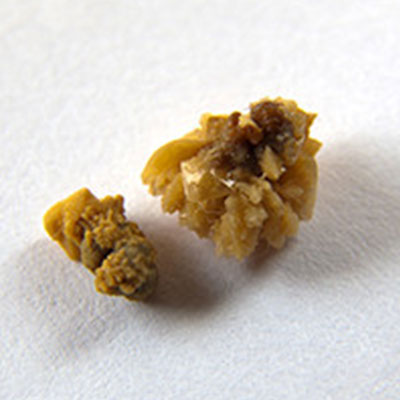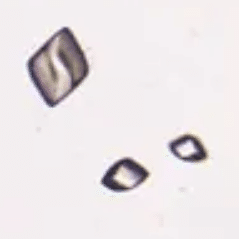Which of the following are the most common type of kidney stones?
* Uric acid stones
* Cystine stones
* Calcium Oxalate stones
* Calcium Phosphate stones
Calcium Oxalate stones
Kidney Stones |
Relative Occurrence |
|---|---|
Calcium Oxalate stones |
60% |
Hydroxyapatite |
20% |
Uric Acid Stones |
9% |
Struvite Stones |
7% |
Brushite |
3% |
Discussion:
Related Posts:



